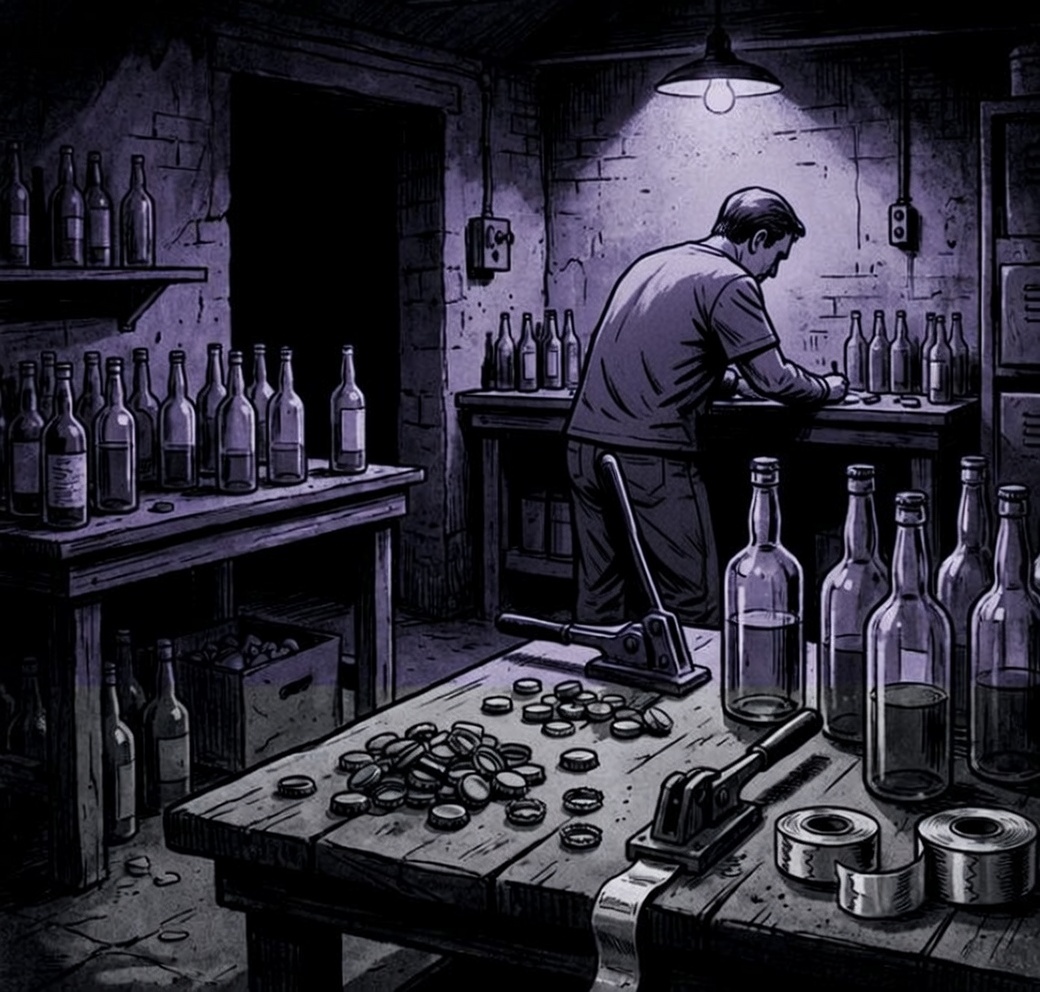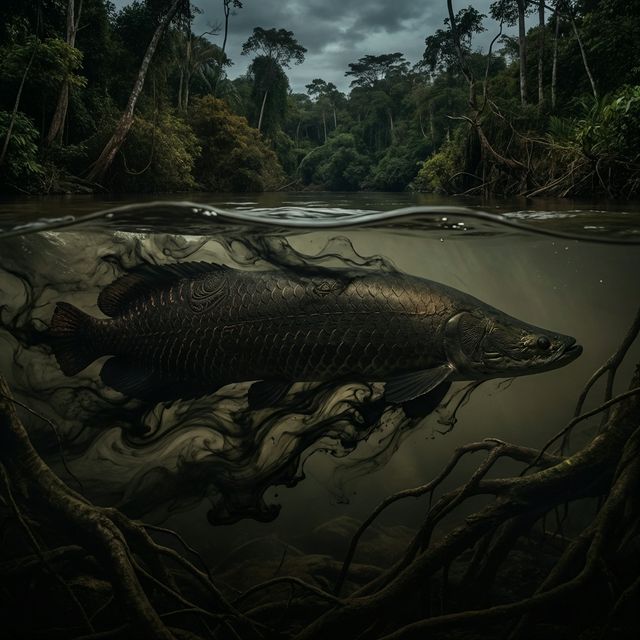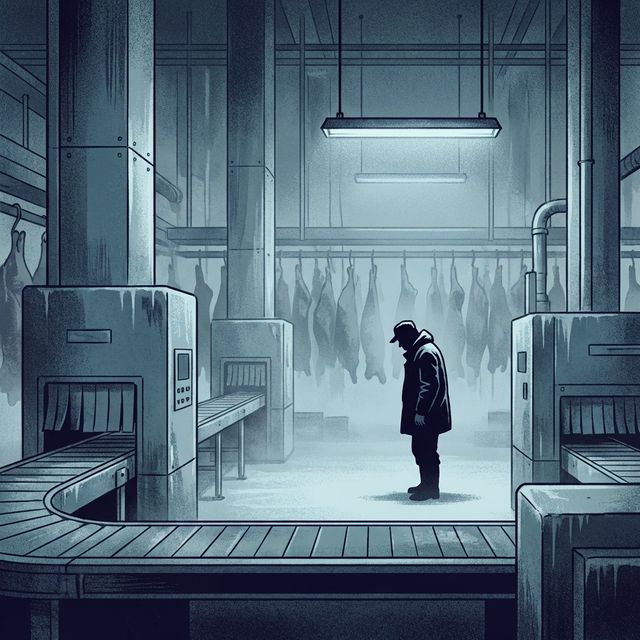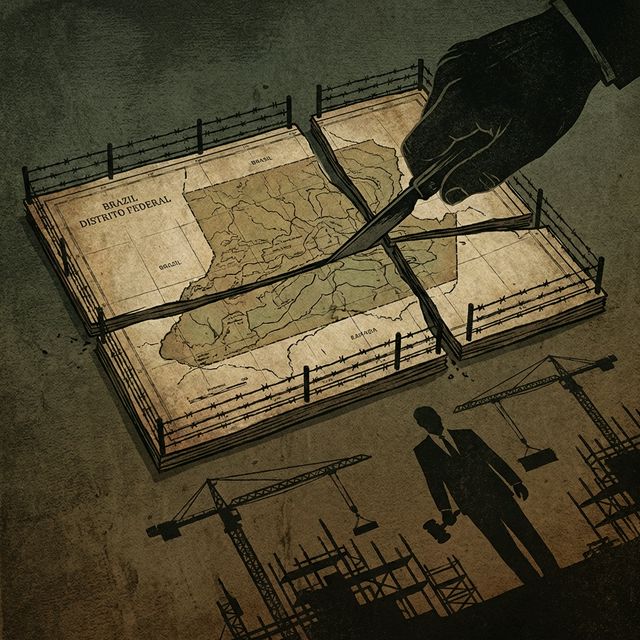Investigative Reporting

The Epstein-Brazil Connection
I analyzed all the millions of Epstein files released by the US government and built scrapers that searched for keywords related to Brazilian figures. This way, we were able to reveal the financial dependency of Brazilian models on the billionaire, connections used to lure young women, and the victims who were taken to the US. The BBC series led to a Federal Prosecution investigation in Brazil seeking a network that lured women.

Sexual abuse in Brazil's military schools
Our investigation reveals that at least nine girls aged 11 to 13 reported inappropriate touching by a military monitor in a public school, raising broader questions about oversight and the civic-military model.

How fake bottle caps and seals fuel Brazil's counterfeit alcohol market
This investigation dismantled a network of over 10,000 people selling bottle parts for beverage counterfeiting and triggered a police investigation.

Giant Amazon fish turned into luxury handbags – but who profits?
The thick, patterned skin of the once-at-risk pirarucu fish is in demand for high-end fashion, but the fishermen want more money.

Secret Budget Amendment Linked to Slave Labor
Investigation reveals how a budget amendment supported by Chamber President Hugo Motta funded construction using stones produced by workers in slave‑like conditions.

Brazilians Face Abuse in Irish Meat Industry
Exclusive investigation exposes precarious working conditions and abuse faced by Brazilian workers in Ireland’s meat processing industry.

Failed enforcement: indigenous objects containing animal parts are freely sold online
A 2‑month investigation into animal feather smuggling and how companies benefit from exploiting indigenous communities in Brazil.

Political Backing Fuels Land Grabbing in Brazil's Distrito Federal
In the Distrito Federal, Brazil, a significant issue of land grabbing in conservation areas is emerging, intensified by political support. These activities are particularly rampant in the Colônia Agrícola 26 de Setembro, a settlement approximately 26 km from the Palácio do Planalto, housing around 35,000 residents.

A world heritage site under attack in Brazil
Brazilwood is being driven to extinction by an industry not often associated with organized crime: classical music. Tests on a sample of the confiscated wood show it was logged in a protected forest.
